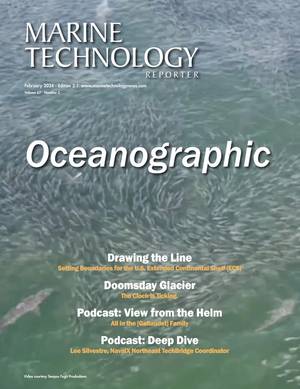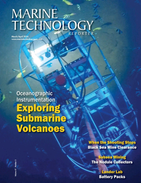N. Atlantic Ocean CO2 Storage Doubled Over Decade
A University of Miami (UM) Rosenstiel School of Marine and Atmospheric Science-led study shows that the North Atlantic absorbed 50 percent more manmade carbon dioxide over the last decade, compared to the previous decade. The findings show the impact that the burning of fossil fuels have had on the world’s oceans in just 10 years.
To determine the total uptake and storage of carbon dioxide in the North Atlantic over the last several decades, researchers analyzed data collected from the same locations, but 10 years apart, to identify changes caused by man-made CO2. The data were collected during two National Science Foundation-funded international ship-based studies, CLIVAR (Climate Variability CO2 Repeat Hydrography) and GO-SHIP (Global Ocean Ship-Based Hydrographic Investigations Program).
“This study shows the large impact all of us are having on the environment and that our use of fossil fuels isn’t only causing the climate to change, but also affects the oceans by decreasing the pH,” said Ryan Woosley, a researcher in the UM Rosenstiel School, Department of Ocean Sciences.
The oceans help to slow the growth of human produced CO2 in the atmosphere by absorbing and storing about a quarter of the total carbon dioxide emissions. The North Atlantic is an area of high uptake and storage due to large-scale ocean circulations.
The uptake of CO2 has many impacts on ocean-dwelling organisms by decreasing the pH. The findings have important implications for marine organisms, such as corals and mollusks, which require a certain pH level in the surrounding water to build their calcium carbonate-based shells and exoskeletons.
The researchers hope to return in another 10 years to determine if the increase in carbon uptake continues, or if, as many fear, it will decrease as a result of slowing thermohaline circulation.
The study, titled “Rapid Anthropogenic Changes in CO2 and pH in the Atlantic Ocean: 2003-2014” was published in the journal Global Biogeochemical Cycles. The study’s authors include: Woosley and Frank J. Millero of the UM Rosenstiel School; and Rik Wanninkhof of NOAA’s Atlantic Oceanographic and Meteorological Laboratory. The study was funded by the National Science Foundation.

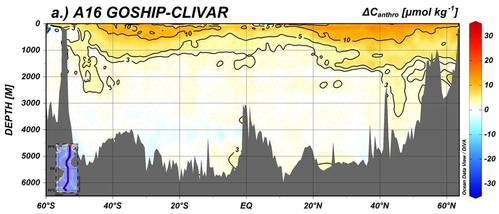
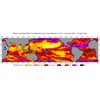
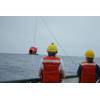












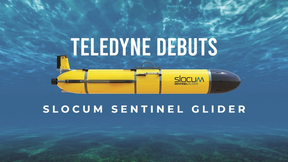
 February 2024
February 2024
